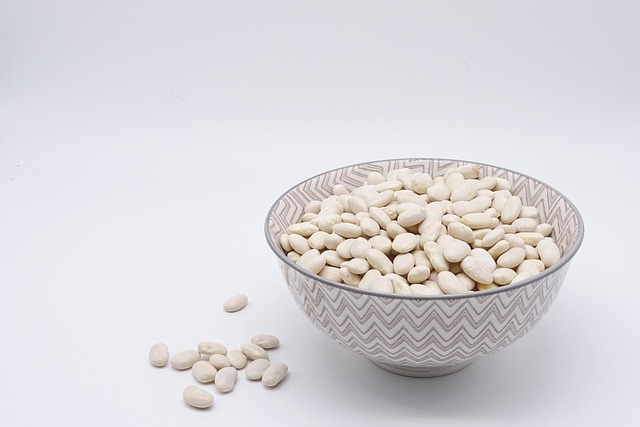The Essential Role of Transport Proteins: Navigating the Cellular Highway
In the bustling world of cells, where every component is vital to life as we know it, transport proteins function as the precision-guided vehicles roving along the intricate cellular highways. Just as our roads and transport systems connect different places, facilitate commerce, and allow for the movement of people and goods, these remarkable proteins play an indispensable role in transporting essential molecules across cell membranes.
The Cellular Highway: Understanding the Journey
Imagine the bustling streets of a city, filled with traffic and movement. In a similar vein, within the microscopic realm of our cells, the movement of nutrients, ions, and signaling molecules is continuous and critically important. Transport proteins, which come in various shapes and functions, help maintain this constant flow, ensuring that cells receive the right materials to grow, react, and flourish.
A Closer Look at Transport Proteins
Transport proteins can be broadly categorized into two types: passive and active transport proteins. Passive transport proteins allow substances to move along the concentration gradient, much like a car rolling down a hill without using fuel. These proteins work diligently to ensure that essential molecules, like glucose and ions, traverse cell membranes smoothly and effortlessly.
On the other hand, active transport proteins require energy (typically in the form of ATP) to move substances against their concentration gradients. Picture a vehicle that has to climb a steep hill with all its cargo—this takes energy, but it is crucial for certain substances, such as sodium and potassium ions, to be strategically located inside or outside the cell.
The Vital Functions of Transport Proteins
Transport proteins are not mere couriers; they play multifaceted roles in our overall health. Here are some of their essential functions:
- Nutrient Transport: They facilitate the movement of nutrients in and out of cells, which supports overall metabolism and energy production.
- Ion Balance: By regulating ion concentrations, transport proteins help maintain the electrical gradients necessary for nerve impulses and muscle contractions.
- Detoxification: They also play a role in expelling waste products and toxins from cells, thereby helping to maintain cellular homeostasis.
- Cell Signaling: Certain transport proteins are involved in transporting signaling molecules, influencing how cells communicate and respond to their environment.
Health Implications of Transport Protein Dysfunction
When the intricate balance of transport proteins is disrupted, it can lead to serious health conditions. For instance, mutations in specific transport proteins are linked to disorders such as cystic fibrosis, diabetes, and certain heart diseases. Understanding these proteins and their pathways can pave the way for innovative treatments and therapeutic strategies.
The Future of Transport Protein Research
As our understanding of transport proteins deepens through advances in molecular biology and biochemistry, researchers are finding new ways to harness this knowledge for medical applications. By developing drugs that target specific transport proteins, it may be possible to design more effective treatments for various diseases, improve drug delivery systems, and enhance the body’s inherent healing processes.
In conclusion, the world of transport proteins is a captivating journey through the cellular highways we rely on every day. Their ability to ferry essential substances within our cells is not only fundamental to our health but also opens up exciting avenues for future research and discovery.


